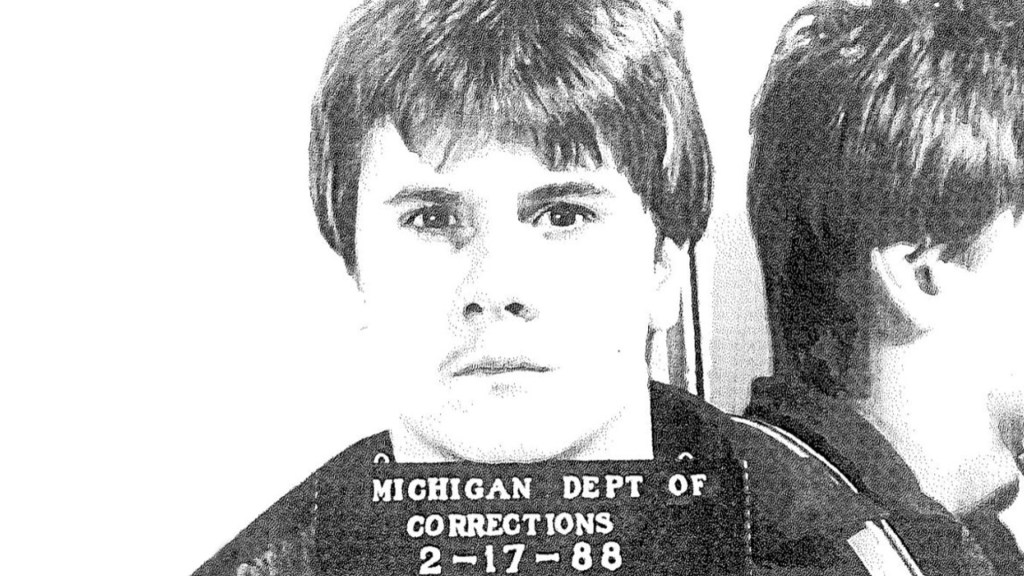This is an opinion piece by Abdul El-Sayed, Democratic candidate for governor of Michigan.
Detroit is synonymous with the automobile. After all, Detroit is the Motor City – the place where Henry Ford developed his Model T and the assembly line that would manufacture cars for people across the world. And yet, the tragic irony of the Motor City is that one in four Detroiters don’t own a car.
Videos by VICE
Among major cities, Detroit ranks eighth nationally in percentage of carless households, behind major transit hubs like New York City, whose MTA system serves millions every day. Detroiters, however, do not have access to such reliable mass transit. Detroit boasts no subway and an underfunded bus system, meaning that for those one in four Detroiters, getting to work every day somewhere within the city’s 139 square miles can be an insurmountable difficulty. In 2015, a Detroit man named James Robertson’s daily 21-mile round-trip commute made headlines as people across the country learned he had been walking the distance every day for 10 years. Unfortunately, Robertson’s story is not unique. Many Detroiters are locked out of the car market by low-paying jobs, discriminatory practices by dealers that drive costs up, and most importantly, car insurance prices.
Car insurance – the very thing that is supposed to protect your access to your car – is one reason owning a car in Detroit is impossible for many families. Urban Michiganders pay the highest auto insurance rates in the country–on average $5,000 a year. When a local car dealership donated a car to Mr. Robertson after his story went viral, for example, insurance quotes for his neighborhood were as high as $900 a month.
Why is car insurance so expensive in Michigan? Ironically, because too few have adequate health coverage. Currently, under Michigan’s No Fault insurance laws, any accident victim is entitled to unlimited medical care after an accident. Until Michigan has universal health insurance, keeping no-fault insurance for all Michiganders is essential. But guaranteeing every Michigander healthcare would obviate the need for it.

The current system is also abused by hospitals and lawyers who have used the system to profiteer off injured drivers – charging auto insurance many times the rates they’d bill health insurance for the same tests and procedures.
Check out more videos from VICE:
Worse, discrimination by auto insurers also raises costs for Detroiters. A recent study of insurance rates in California, Illinois, Texas, and Minnesota found that insurers charged as much as 30 percent more for premiums in zip codes where most residents were minorities, compared to white neighborhoods with similar accident risks or costs. Michigan allows for profiling by zip code, education level and credit score, which tends to assign far higher premiums to low-income people of color in urban communities. These practices are discriminatory and immoral.
Everyone deserves comprehensive, complete car insurance that is not a financial burden. To give Detroiters and urban Michiganders access to cars, we have to address Michigan’s car insurance disaster: we must pass universal healthcare, eliminate abuses by hospitals and lawyers, end legalized discrimination by auto insurers, and require full transparency by both insurance companies and government alike. These small policy fixes can mean the difference between access to work and school for families across the city.
Further, we have to build reliable public transit alternatives for urban communities in Michigan. Light rail and reliable buses remain a critical next step in building a real, functioning infrastructure for Michigan.
In the state that put America on wheels, we have to more to empower our own communities to have their own.




